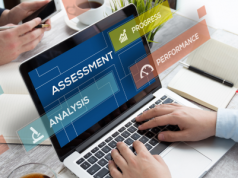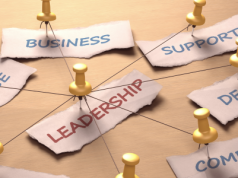Arrive on time
Don’t do it because your boss expects you to; do it so you get ample time to settle down, calm your nerves, plan your work, and get started. Coming in late and rushing through the first hour can get you worked up and moody.
Greet the team immediately after stepping in to work
You work with your team every single workday. They’re like a family away from home. The least we can do is greet them with a smile, a hello, or a good morning, and exchange a few words if possible.
Take five
Don’t start work immediately after warming the chair. Give yourself a breather, collect yourself, and only then start thinking about work.
Reflect on your larger goals
Think about your larger goals — or the bigger picture — so you know which tasks align with it and are, therefore, worth pursuing. This will improve your daily productivity.
List down all your tasks and appointments
Not doing this will leave you scampering through the day, impulsively attending to “surprise” or “forgotten” tasks. Creating a to-do list and updating your calendar will ensure that you navigate through the workday smoothly, or with the least hiccups.
Mark the tasks that you hate the most
So that you can work on them first. Mark Twain meant it when he said: “Eat a live frog first thing in the morning and nothing worse will happen to you the rest of the day.” It applies very well to the workplace.
And only then check your email
Checking e-mail is step 7, not step 1, like most people think. Checking email first thing in the morning is an exercise in draining energy and should be avoided at all costs. As long as phone calls and text messages exist, people will contact you if it’s urgent.
(The article originally appeared on Medium as written by Vikas Jha)


























